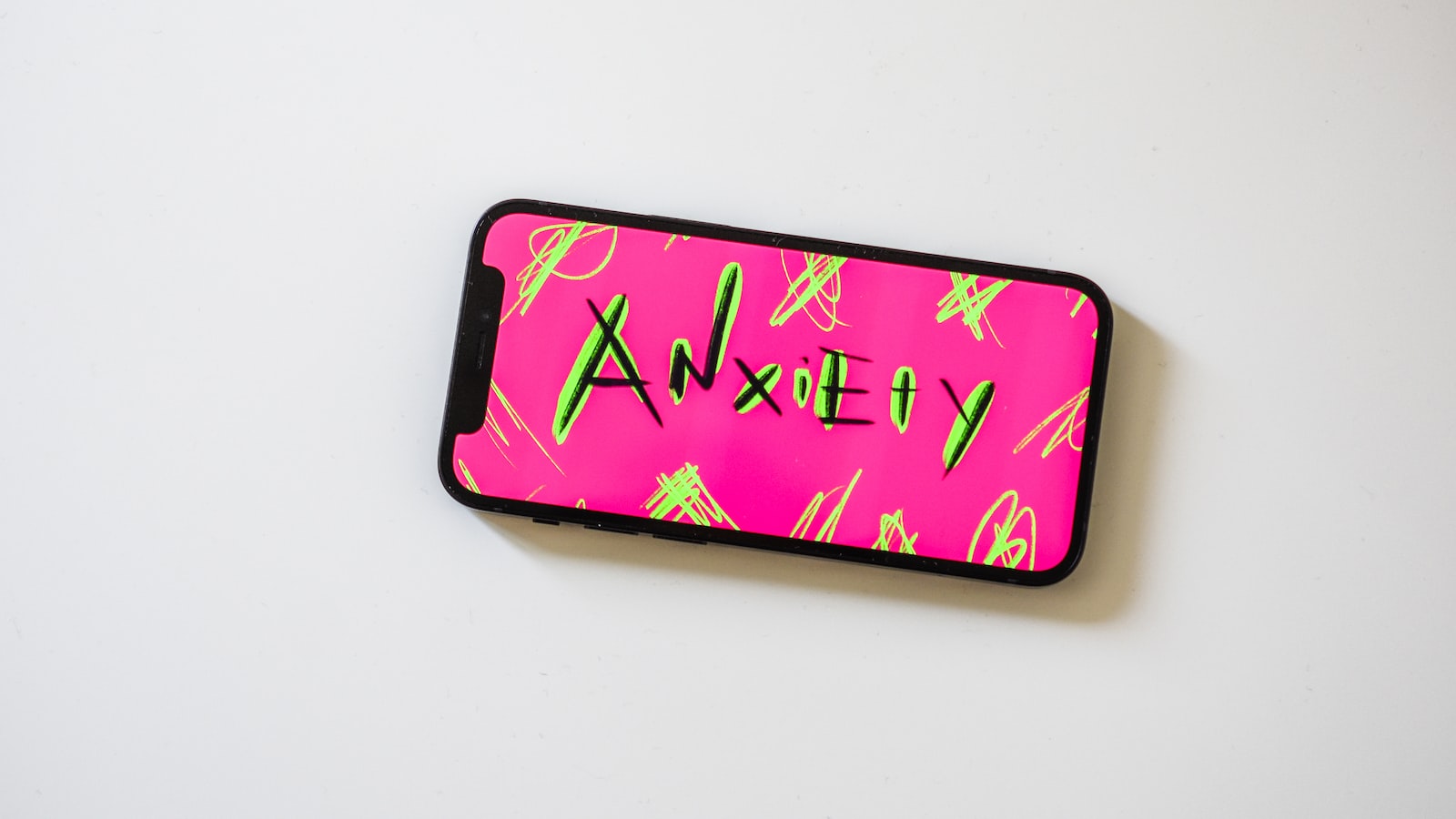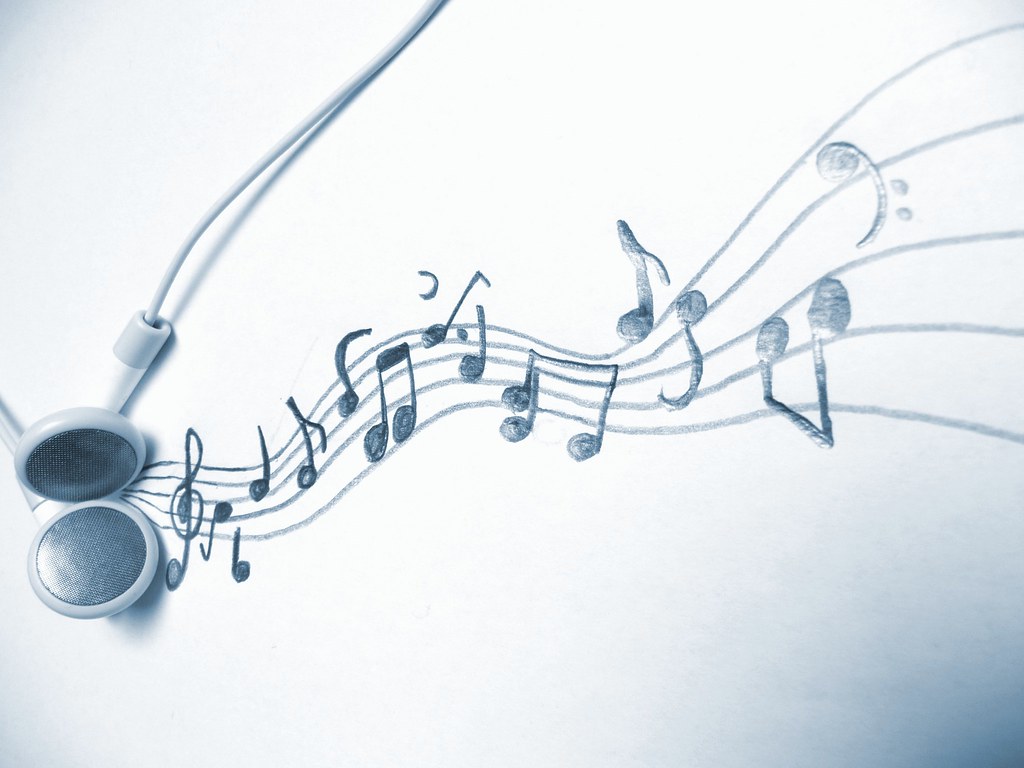Music has always been a powerful companion throughout history, comforting us in hard times and celebrating successes. But recent studies have suggested music’s powers are much more than comforting – it has a fascinating link to mental health. In this article, we will explore the therapeutic power of sound and how music can help support healthy mental health.
1. Understanding the Benefits of Music and Mental Health
Unlocking the Conjunct between Music and Mental Health can bring out astounding benefits. Here, we will explore the various advantages that music has to offer on the mental health of a person.
Listening to your favorite tunes can help alleviate stress and depression. It has been seen to lower cortisol levels, resulting in reduced anxiety and greater peace of mind.
- Mood uplifting – Music can instantly lift the spirits and improve moods. It triggers the release of feel-good hormones, including endorphins, which helps to boost enjoyment and reduce stress.
- Sleep inducing – Soothing music can calm down your nerves and muscles, effectively preparing you for a good night’s rest.
- Pain reduction – Music can also help reduce physical pain and soreness. Research has evidenced that the right kind of music can act as an analgesic, thus helping to drown out negative thoughts.
Music also serves as a distraction from daily life issues. It helps to replace negative thoughts with more cheerful ones, refocusing the mind. By helping to bring positive thoughts to the fore, music can help people experience better emotions.
Listening to music can reduce tension, helping to induce a sense of calm. Music can be a great slowly-working therapy that allows people to work through their emotions at their own pace. It also increases overall confidence and self-esteem.

2. Exploring the Therapeutic Power of Sound
Back to Basics: Heal Through Music
Music and visuals have been found to be effective in assuaging pain, administering first aid, and allowing patients to relax. In the twenty-first century, therapeutic sound has become more popular than ever before. The combination of meditative music, music therapy, and binaural beats has made this form of treatment accessible to all people at different times of the day.
The body and mind have an immense capacity for healing and regeneration. With therapeutic sound, one can restore emotional balance and overall well-being in ways that traditional forms of medicine or aromatherapy cannot. To make use of this power, it is important to:
- Select relaxing music. Choose music that is soothing and enjoyable to listen to.
- Tune it to your body. Use sound to bring into resonance the internal organs, by tuning the intervals between musical notes.
- Slowly start. Begin by listening to sounds that are of a low volume, increasing the volume gradually.
- Allow your body and mind to adjust. Let yourself enter an altered state of consciousness slowly.
Studies have suggested that simply listening to a particular sound or music can reduce stress, reduce anxiety, induce a greater sense of relaxation, and even have a positive effect on learning results. From boosting learning skills, to improving mental health and calming the nerves, effective use of therapeutic sound has a wide range of health applications.
3. Incorporating Music Into Your Mental Health Plan
Making Music Part of Your Life
When it comes to mental health, incorporating music into your life is a great way to keep your spirits up and help keep your mind in balance. Music has long been shown to have profound effects on the mind, body, and spirit. Listening to music can provide relief from stress, anxiety, and depression. Here are some tips for integrating music into your mental health plan:
- Listen to all kinds of music, both familiar and foreign
- Take time to learn about the artists you enjoy and appreciate their craft
- Focus on upbeat music and songs with positive lyrics
- Sing along and make the music your own
If playing an instrument is something you’ve always wanted to do, making it part of your plan can be a great option. Not only will you be able to enjoy and express yourself musically, but research has shown that people who learn to play an instrument experience a range of mental health benefits. Music can have a powerful effect on our emotions, so it’s important to recognize how it can affect us for better or for worse. Embrace it and enjoy!
4. Tuning In to the Positive Power of Music
When we observe a lovely piano melody, listen to a vibrant pop song, or appreciate the twang of a country ballad, music has the power to bring joy to our souls. Music can motivate us to tackle a difficult task, provide comfort in unhappy times, and make us feel the love we need.
A study conducted by KU Leuven found that listening to uplifting, positive music can activate the parts of the brain associated with reward, as well as those associated with emotion and memory. In addition, the same study also found that sing-along pop songs can trigger the release of serotonin and dopamine, which can elevate our mood. In that same spirit, below are some uplifting tunes to try:
- Uplifting:
- Chalkboard Memories – Kacy and Clayton
- The Sound of Sunshine – Michael Franti & Spearhead
- Happy – Pharrell Williams
- Inspirational:
- A Change Is Gonna Come – Sam Cooke
- Imagine - John Lennon
- Rise Up - Andra Day
Final Thoughts
As sound has the power to soothe and nurture the soul, and as music has the ability to uplift and encourage a tranquil mind, it seems that music really can be a powerful tool in improving our mental health and wellbeing. As such, music can offer us an opportunity to manage our emotions and can be a means of restoring and maintaining a balanced, healthy lifestyle.

